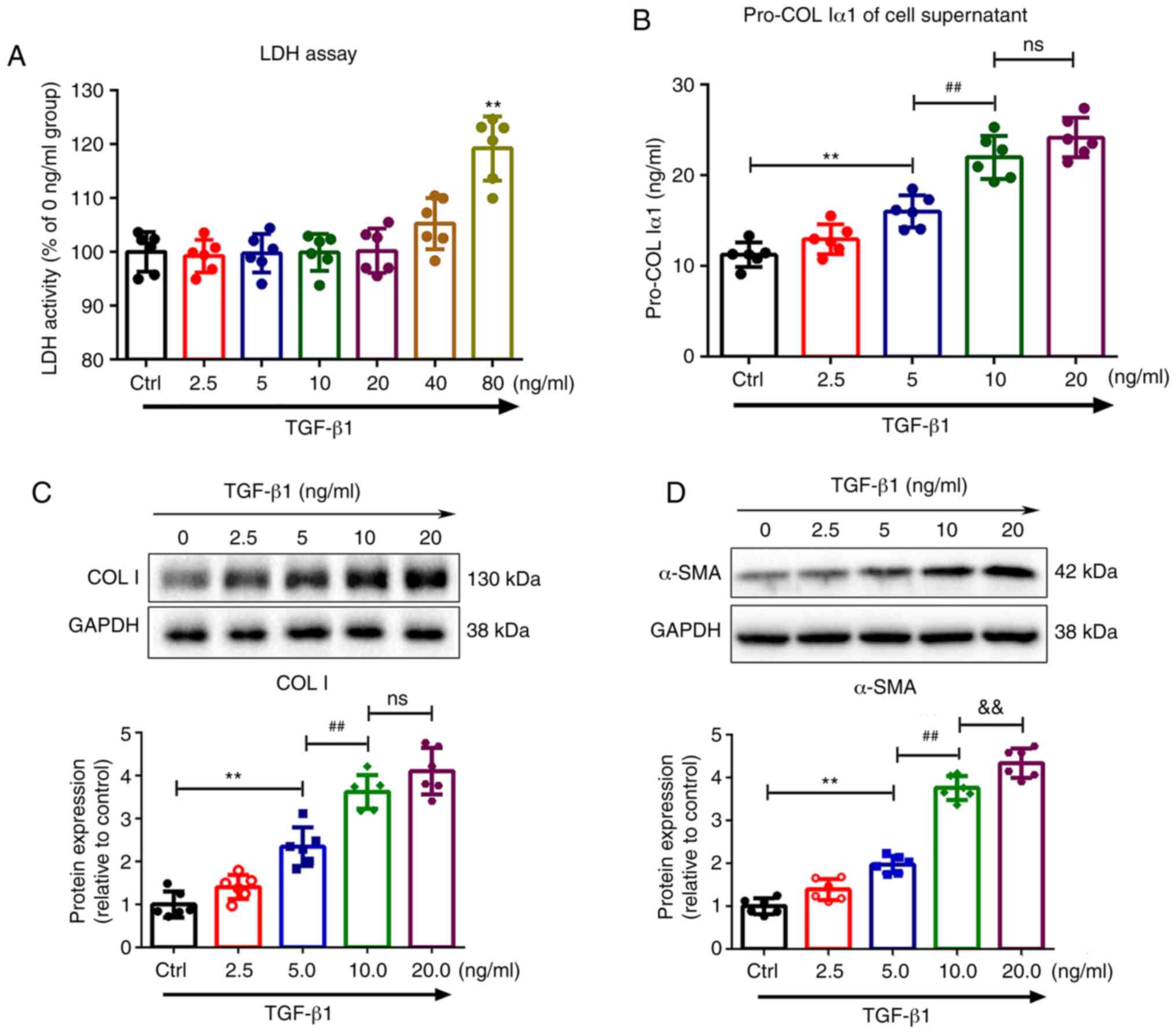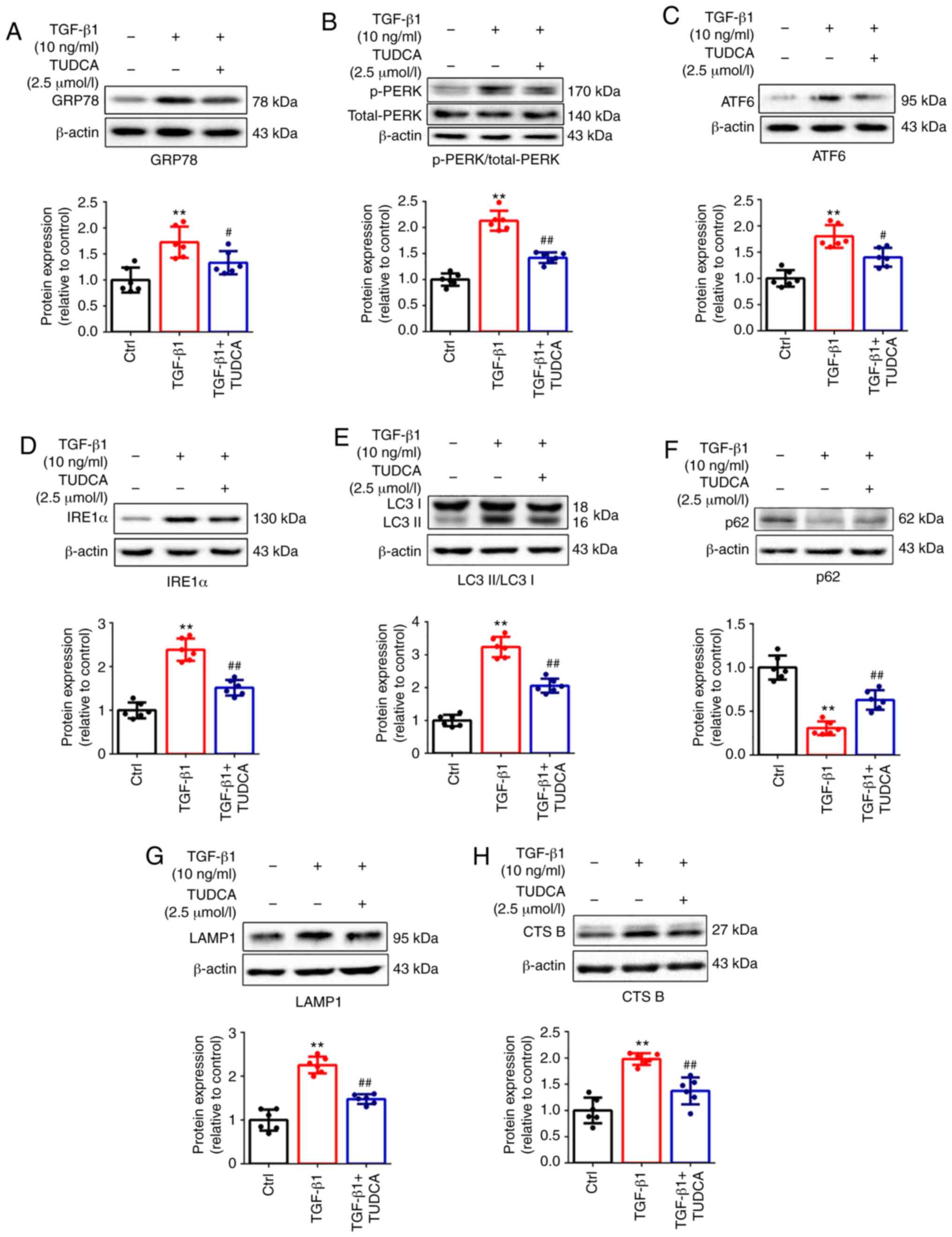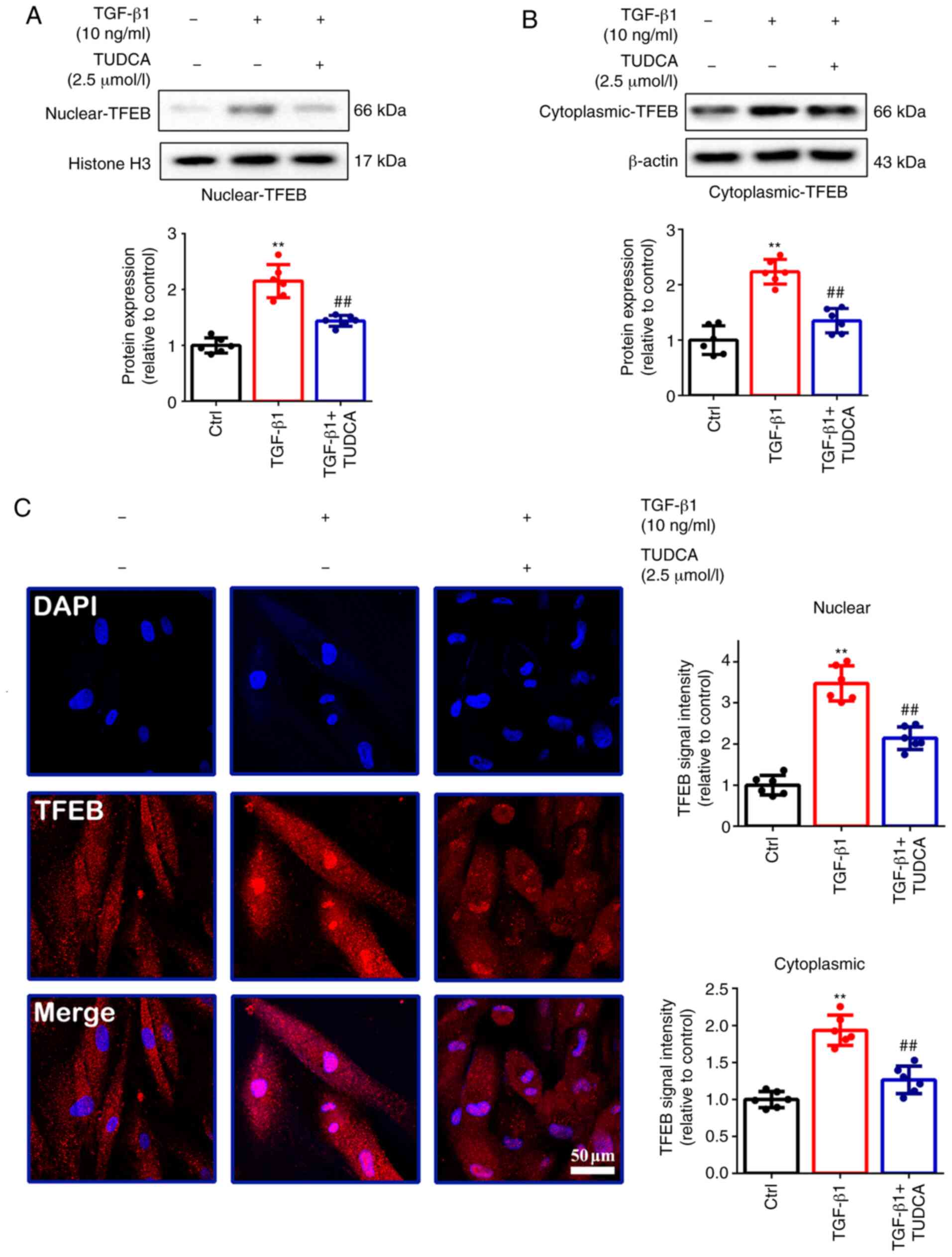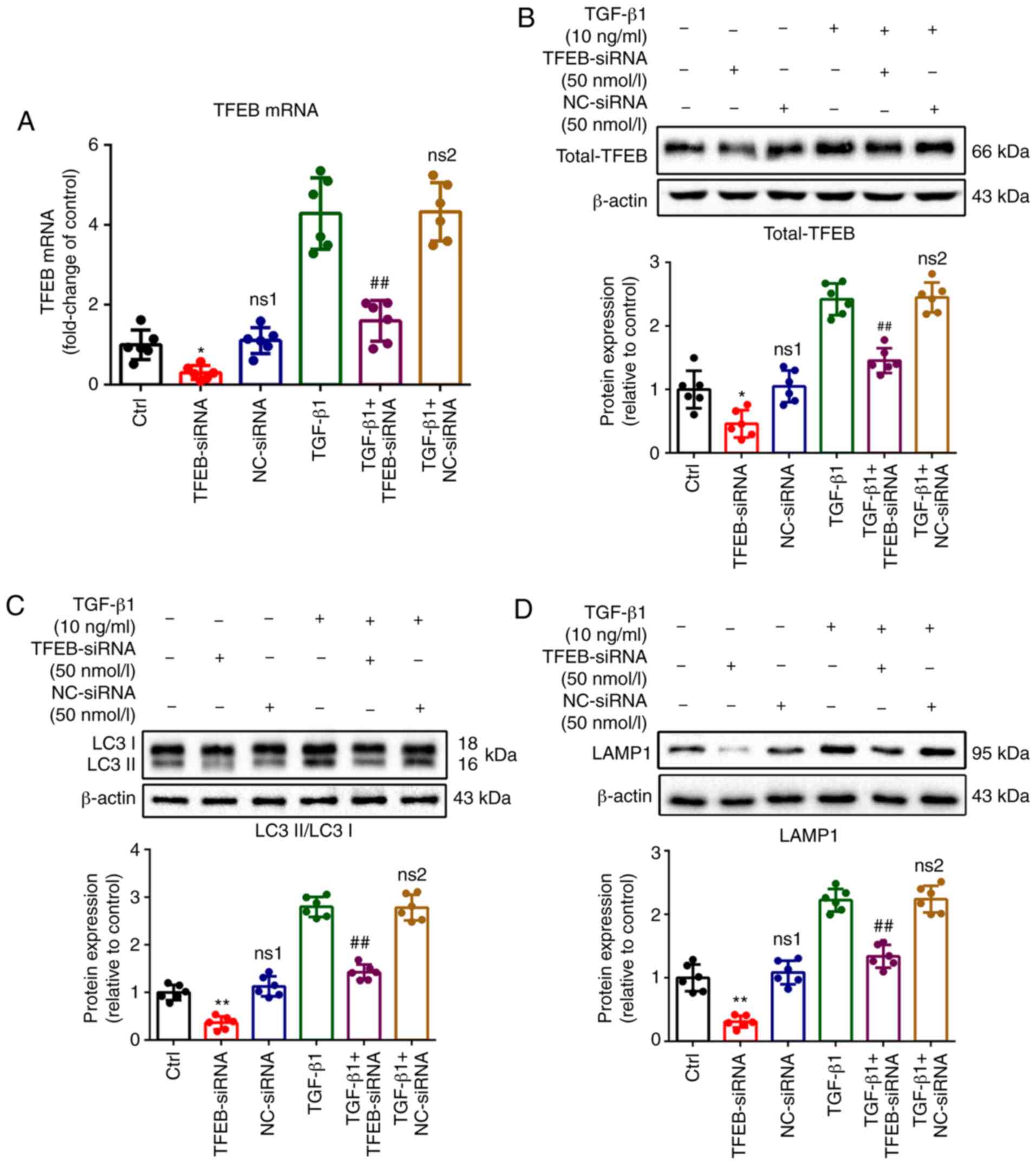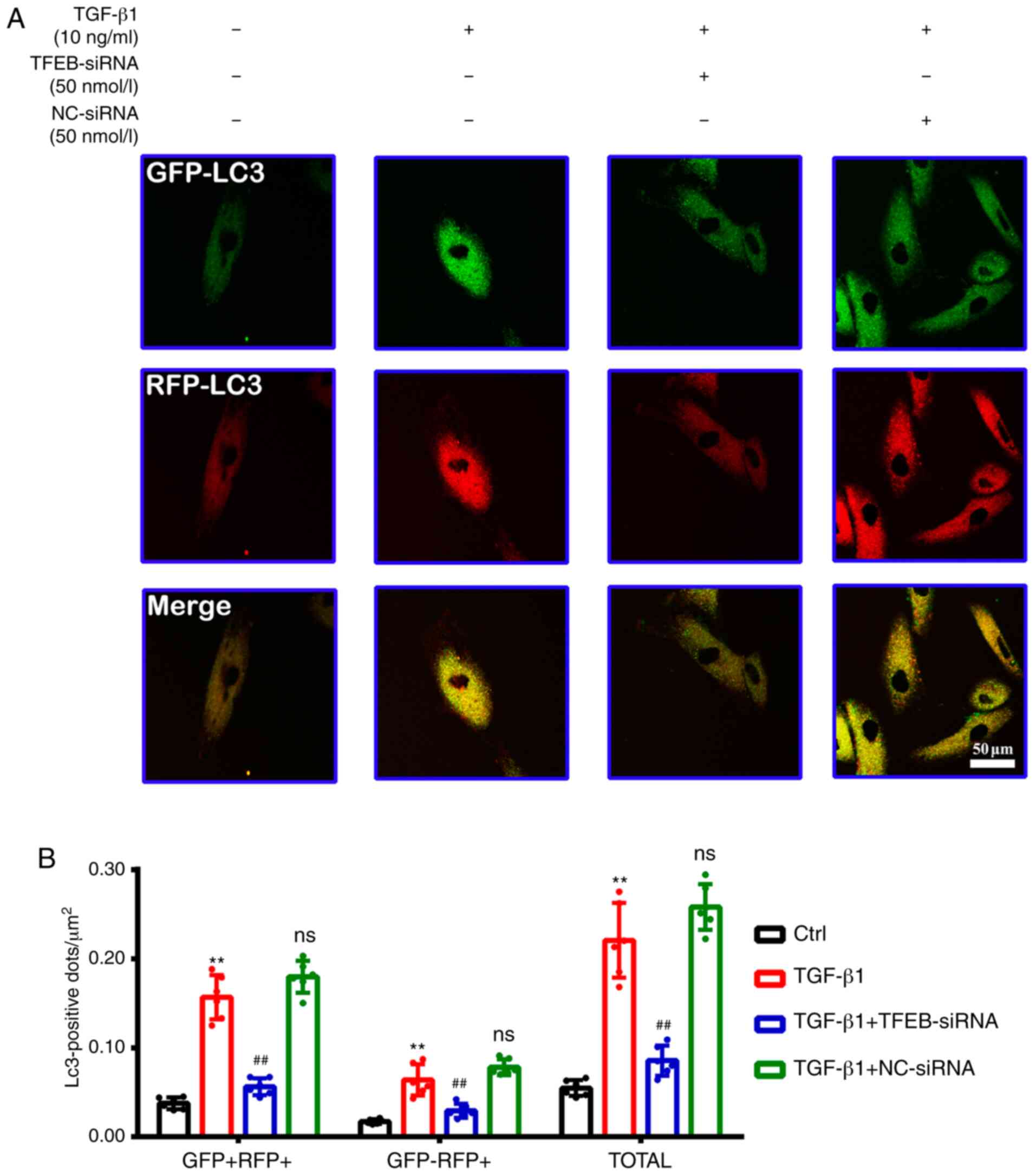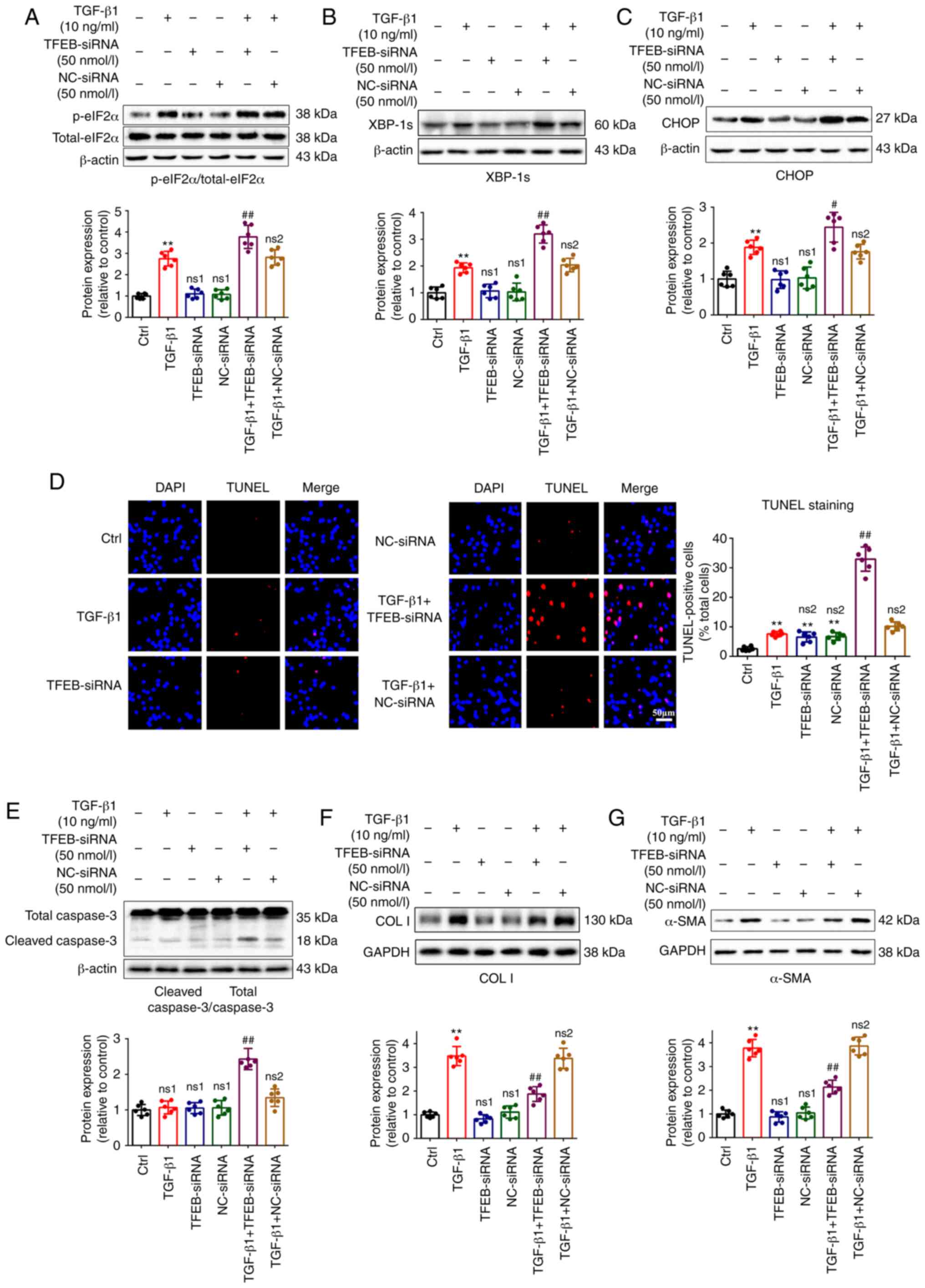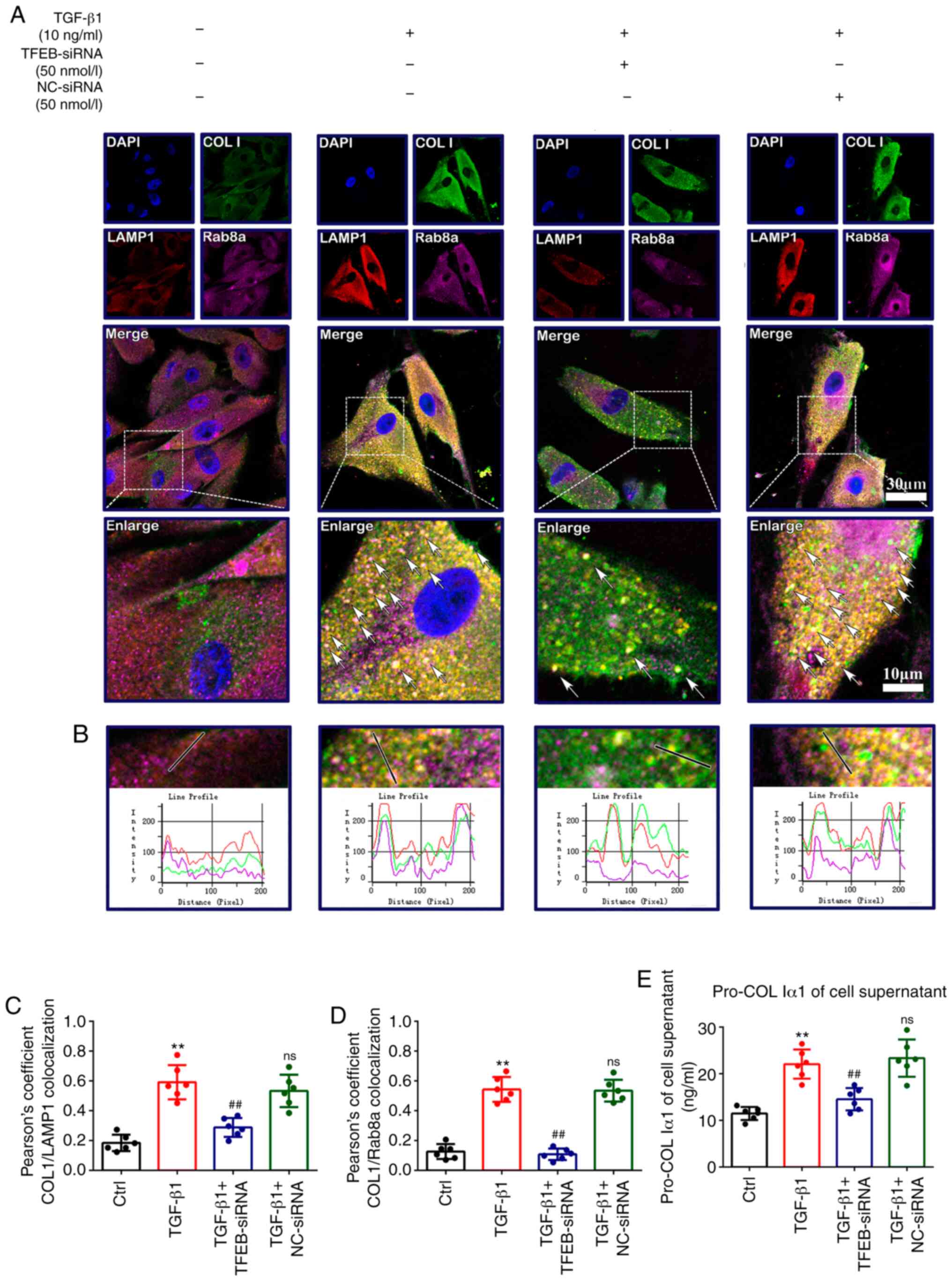|
1
|
Benzaquen M, Collet-Villette AM and
Delaporte E: Combined treatment of hypertrophic and keloid scars
with intralesional injection of corticosteroids and laser-assisted
corticosteroid delivery. Dermatol Ther. 32:e131262019. View Article : Google Scholar : PubMed/NCBI
|
|
2
|
Del Toro D, Dedhia R and Tollefson TT:
Advances in scar management: Prevention and management of
hypertrophic scars and keloids. Curr Opin Otolaryngol Head Neck
Surg. 24:322–329. 2016. View Article : Google Scholar : PubMed/NCBI
|
|
3
|
Zhang J, Li Y, Bai X, Li Y, Shi J and Hu
D: Recent advances in hypertrophic scar. Histol Histopathol.
33:27–39. 2018.
|
|
4
|
Gras C, Ratuszny D, Hadamitzky C, Zhang H,
Blasczyk R and Figueiredo C: miR-145 contributes to hypertrophic
scarring of the skin by inducing myofibroblast activity. Mol Med.
21:296–304. 2015. View Article : Google Scholar : PubMed/NCBI
|
|
5
|
Darby IA, Zakuan N, Billet F and
Desmoulière A: The myofibro-blast, a key cell in normal and
pathological tissue repair. Cell Mol Life Sci. 73:1145–1157. 2016.
View Article : Google Scholar
|
|
6
|
Hinz B: The role of myofibroblasts in
wound healing. Curr Res Transl Med. 64:171–177. 2016. View Article : Google Scholar : PubMed/NCBI
|
|
7
|
Pakyari M, Farrokhi A, Maharlooei MK and
Ghahary A: Critical role of transforming growth factor beta in
different phases of wound healing. Adv Wound Care (New Rochelle).
2:215–224. 2013. View Article : Google Scholar
|
|
8
|
Zhang Y, Cheng C, Wang S, Xu M, Zhang D
and Zeng W: Knockdown of FOXM1 inhibits activation of keloid
fibro-blasts and extracellular matrix production via inhibition of
TGF-β1/Smad pathway. Life Sci. 232:1166372019. View Article : Google Scholar
|
|
9
|
Alizadeh J, Glogowska A, Thliveris J,
Kalantari F, Shojaei S, Hombach-Klonisch S, Klonisch T and Ghavami
S: Autophagy modulates transforming growth factor beta 1 induced
epithelial to mesenchymal transition in non-small cell lung cancer
cells. Biochim Biophys Acta Mol Cell Res. 1865:749–768. 2018.
View Article : Google Scholar : PubMed/NCBI
|
|
10
|
Liang C, Xu J, Meng Q, Zhang B, Liu J, Hua
J, Zhang Y, Shi S and Yu X: TGFB1-induced autophagy affects the
pattern of pancreatic cancer progression in distinct ways depending
on SMAD4 status. Autophagy. 16:486–500. 2020. View Article : Google Scholar :
|
|
11
|
Cuomo F, Altucci L and Cobellis G:
Autophagy function and dysfunction: Potential drugs as anti-cancer
therapy. Cancers (Basel). 11:14652019. View Article : Google Scholar
|
|
12
|
Fitzwalter BE and Thorburn A: Recent
insights into cell death and autophagy. FEBS J. 282:4279–4288.
2015. View Article : Google Scholar : PubMed/NCBI
|
|
13
|
Lu C, Yang Y, Zhu Y, Lv S and Zhang J: An
intervention target for myocardial fibrosis: Autophagy. Biomed Res
Int. 2018:62159162018. View Article : Google Scholar : PubMed/NCBI
|
|
14
|
Maiuri L and Kroemer G: Autophagy delays
progression of the two most frequent human monogenetic lethal
diseases: Cystic fibrosis and Wilson disease. Aging (Albany NY).
10:3657–3661. 2018. View Article : Google Scholar
|
|
15
|
Tseng YJ, Dong L, Liu YF, Xu N, Ma W, Weng
SQ, Janssen HLA and Wu SD: Role of autophagy in chronic liver
inflammation and fibrosis. Curr Protein Pept Sci. 20:817–822. 2019.
View Article : Google Scholar : PubMed/NCBI
|
|
16
|
Zhao XC, Livingston MJ, Liang XL and Dong
Z: Cell apoptosis and autophagy in renal fibrosis. Adv Exp Med
Biol. 1165:557–584. 2019. View Article : Google Scholar : PubMed/NCBI
|
|
17
|
Lodder J, Denaës T, Chobert MN, Wan J,
El-Benna J, Pawlotsky JM, Lotersztajn S and Teixeira-Clerc F:
Macrophage autophagy protects against liver fibrosis in mice.
Autophagy. 11:1280–1292. 2015. View Article : Google Scholar : PubMed/NCBI
|
|
18
|
Cabrera S, Maciel M, Herrera I, Nava T,
Vergara F, Gaxiola M, López-Otín C, Selman M and Pardo A: Essential
role for the ATG4B protease and autophagy in bleomycin-induced
pulmonary fibrosis. Autophagy. 11:670–684. 2015. View Article : Google Scholar : PubMed/NCBI
|
|
19
|
Takagaki Y, Lee SM, Dongqing Z, Kitada M,
Kanasaki K and Koya D: Endothelial autophagy deficiency induces
IL6-dependent endothelial mesenchymal transition and organ
fibrosis. Autophagy. 16:1905–1914. 2020. View Article : Google Scholar : PubMed/NCBI
|
|
20
|
Frangou E, Chrysanthopoulou A, Mitsios A,
Kambas K, Arelaki S, Angelidou I, Arampatzioglou A, Gakiopoulou H,
Bertsias GK, Verginis P, et al: REDD1/autophagy pathway promotes
thromboinflammation and fibrosis in human systemic lupus
erythematosus (SLE) through NETs decorated with tissue factor (TF)
and interleukin-17A (IL-17A). Ann Rheum Dis. 78:238–248. 2019.
View Article : Google Scholar :
|
|
21
|
San-Miguel B, Crespo I, Sánchez DI,
González-Fernández B, Ortiz de Urbina JJ, Tuñón MJ and
González-Gallego J: Melatonin inhibits autophagy and endoplasmic
reticulum stress in mice with carbon tetrachloride-induced
fibrosis. J Pineal Res. 59:151–162. 2015. View Article : Google Scholar : PubMed/NCBI
|
|
22
|
Livingston MJ, Ding HF, Huang S, Hill JA,
Yin XM and Dong Z: Persistent activation of autophagy in kidney
tubular cells promotes renal interstitial fibrosis during
unilateral ureteral obstruction. Autophagy. 12:976–998. 2016.
View Article : Google Scholar : PubMed/NCBI
|
|
23
|
Settembre C, Di Malta C, Polito VA, Garcia
Arencibia M, Vetrini F, Erdin S, Erdin SU, Huynh T, Medina D,
Colella P, et al: TFEB links autophagy to lysosomal biogenesis.
Science. 332:1429–1433. 2011. View Article : Google Scholar : PubMed/NCBI
|
|
24
|
Du F, Zhu L, Qian ZM, Wu XM, Yung WH and
Ke Y: Hyperthermic preconditioning protects astrocytes from
ischemia/reperfusion injury by up-regulation of HIF-1 alpha
expression and binding activity. Biochim Biophys Acta.
1802:1048–1053. 2010. View Article : Google Scholar : PubMed/NCBI
|
|
25
|
Livak KJ and Schmittgen TD: Analysis of
relative gene expression data using real-time quantitative PCR and
the 2(-Delta Delta C(T)) method. Methods. 25:402–408. 2001.
View Article : Google Scholar
|
|
26
|
Cybulsky AV: The intersecting roles of
endoplasmic reticulum stress, ubiquitin- proteasome system, and
autophagy in the patho-genesis of proteinuric kidney disease.
Kidney Int. 84:25–33. 2013. View Article : Google Scholar
|
|
27
|
McCaughey J and Stephens DJ: ER-to-golgi
transport: A sizeable problem. Trends Cell Biol. 29:940–953. 2019.
View Article : Google Scholar : PubMed/NCBI
|
|
28
|
Schnieder J, Mamazhakypov A, Birnhuber A,
Wilhelm J, Kwapiszewska G, Ruppert C, Markart P, Wujak L, Rubio K,
Barreto G, et al: Loss of LRP1 promotes acquisition of
contractile-myofibroblast phenotype and release of active TGF-β1
from ECM stores. Matrix Biol. 88:69–88. 2020. View Article : Google Scholar
|
|
29
|
Dolivo DM, Larson SA and Dominko T:
Fibroblast growth factor 2 as an antifibrotic: Antagonism of
myofibroblast differentiation and suppression of pro-fibrotic gene
expression. Cytokine Growth Factor Rev. 38:49–58. 2017. View Article : Google Scholar : PubMed/NCBI
|
|
30
|
Meng XM, Nikolic-Paterson DJ and Lan HY:
TGF-β: The master regulator of fibrosis. Nat Rev Nephrol.
12:325–338. 2016. View Article : Google Scholar : PubMed/NCBI
|
|
31
|
Kirkness MW, Lehmann K and Forde NR:
Mechanics and structural stability of the collagen triple helix.
Curr Opin Chem Biol. 53:98–105. 2019. View Article : Google Scholar : PubMed/NCBI
|
|
32
|
Saito K, Maeda M and Katada T: Regulation
of the Sar1 GTPase cycle is necessary for large cargo secretion
from the endoplasmic reticulum. Front Cell Dev Biol. 5:752017.
View Article : Google Scholar : PubMed/NCBI
|
|
33
|
Gjaltema RA and Bank RA: Molecular
insights into prolyl and lysyl hydroxylation of fibrillar collagens
in health and disease. Crit Rev Biochem Mol Biol. 52:74–95. 2017.
View Article : Google Scholar
|
|
34
|
Sorushanova A, Delgado LM, Wu Z, Shologu
N, Kshirsagar A, Raghunath R, Mullen AM, Bayon Y, Pandit A,
Raghunath M and Zeugolis DI: The collagen suprafamily: From
biosynthesis to advanced biomaterial development. Adv Mater.
31:e18016512019. View Article : Google Scholar
|
|
35
|
Ishikawa Y and Bächinger HP: A molecular
ensemble in the rER for procollagen maturation. Biochim Biophys
Acta. 1833:2479–2491. 2013. View Article : Google Scholar : PubMed/NCBI
|
|
36
|
Hetz C, Zhang K and Kaufman RJ:
Mechanisms, regulation and functions of the unfolded protein
response. Nat Rev Mol Cell Biol. 21:421–438. 2020. View Article : Google Scholar : PubMed/NCBI
|
|
37
|
Shu S, Zhu J, Liu Z, Tang C, Cai J and
Dong Z: Endoplasmic reticulum stress is activated in post-ischemic
kidneys to promote chronic kidney disease. EBioMedicine.
37:269–280. 2018. View Article : Google Scholar : PubMed/NCBI
|
|
38
|
Kropski JA and Blackwell TS: Endoplasmic
reticulum stress in the pathogenesis of fibrotic disease. J Clin
Invest. 128:64–73. 2018. View Article : Google Scholar : PubMed/NCBI
|
|
39
|
Ishida Y and Nagata K: Autophagy
eliminates a specific species of misfolded procollagen and plays a
protective role in cell survival against ER stress. Autophagy.
5:1217–1219. 2009. View Article : Google Scholar : PubMed/NCBI
|
|
40
|
Nabar NR, Shi CS and Kehrl JH: Signaling
by the toll-like receptors induces autophagy through modification
of beclin 1 Molecular Mechanism. Immunology. Hayat MA: Academic
Press; London: pp. 75–84. 2018, View Article : Google Scholar
|
|
41
|
Swart C, Du Toit A and Loos B: Autophagy
and the invisible line between life and death. Eur J Cell Biol.
95:598–610. 2016. View Article : Google Scholar
|
|
42
|
Füllgrabe J, Klionsky DJ and Joseph B: The
return of the nucleus: Transcriptional and epigenetic control of
autophagy. Nat Rev Mol Cell Biol. 15:65–74. 2014. View Article : Google Scholar
|
|
43
|
Napolitano G and Ballabio A: TFEB at a
glance. J Cell Sci. 129:2475–2481. 2016. View Article : Google Scholar : PubMed/NCBI
|
|
44
|
Kandel-Kfir M, Almog T, Shaish A, Shlomai
G, Anafi L, Avivi C, Barshack I, Grosskopf I, Harats D and Kamari
Y: Interleukin-1α deficiency attenuates endoplasmic reticulum
stress-induced liver damage and CHOP expression in mice. J Hepatol.
63:926–933. 2015. View Article : Google Scholar : PubMed/NCBI
|
|
45
|
Oyadomari S and Mori M: Roles of
CHOP/GADD153 in endoplasmic reticulum stress. Cell Death Differ.
11:381–389. 2004. View Article : Google Scholar
|
|
46
|
Sanchez-Wandelmer J, Ktistakis NT and
Reggiori F: ERES: Sites for autophagosome biogenesis and
maturation? J Cell Sci. 128:185–192. 2015. View Article : Google Scholar : PubMed/NCBI
|
|
47
|
Ponpuak M, Mandell MA, Kimura T, Chauhan
S, Cleyrat C and Deretic V: Secretory autophagy. Curr Opin Cell
Biol. 35:106–116. 2015. View Article : Google Scholar : PubMed/NCBI
|
|
48
|
Kimura T, Jia J, Claude-Taupin A, Kumar S,
Choi SW, Gu Y, Mudd M, Dupont N, Jiang S, Peters R, et al: Cellular
and molecular mechanism for secretory autophagy. Autophagy.
13:1084–1085. 2017. View Article : Google Scholar : PubMed/NCBI
|
|
49
|
Bel S and Hooper LV: Secretory autophagy
of lysozyme in Paneth cells. Autophagy. 14:719–721. 2018.
View Article : Google Scholar : PubMed/NCBI
|
|
50
|
New J, Arnold L, Ananth M, Alvi S,
Thornton M, Werner L, Tawfik O, Dai H, Shnayder Y, Kakarala K, et
al: Secretory autophagy in cancer-associated fibroblasts promotes
head and neck cancer progression and offers a novel therapeutic
target. Cancer Res. 77:6679–6691. 2017. View Article : Google Scholar : PubMed/NCBI
|
|
51
|
Rabouille C: Pathways of unconventional
protein secretion. Trends Cell Biol. 27:230–240. 2017. View Article : Google Scholar
|
|
52
|
Gonzalez CD, Resnik R and Vaccaro MI:
Secretory autophagy and its relevance in metabolic and degenerative
disease. Front Endocrinol (Lausanne). 11:2662020. View Article : Google Scholar
|
|
53
|
Cavalli G and Cenci S: Autophagy and
protein secretion. J Mol Biol. 432:2525–2545. 2020. View Article : Google Scholar : PubMed/NCBI
|
|
54
|
Ejlerskov P, Rasmussen I, Nielsen TT,
Bergström AL, Tohyama Y, Jensen PH and Vilhardt F: Tubulin
polymerization-promoting protein (TPPP/p25α) promotes
unconventional secretion of α-synuclein through exophagy by
impairing autopha-gosome-lysosome fusion. J Biol Chem.
288:17313–17335. 2013. View Article : Google Scholar : PubMed/NCBI
|
|
55
|
Khoshnoodi J, Cartailler JP, Alvares K,
Veis A and Hudson BG: Molecular recognition in the assembly of
collagens: Terminal noncollagenous domains are key recognition
modules in the formation of triple helical protomers. J Biol Chem.
281:38117–38121. 2006. View Article : Google Scholar : PubMed/NCBI
|















